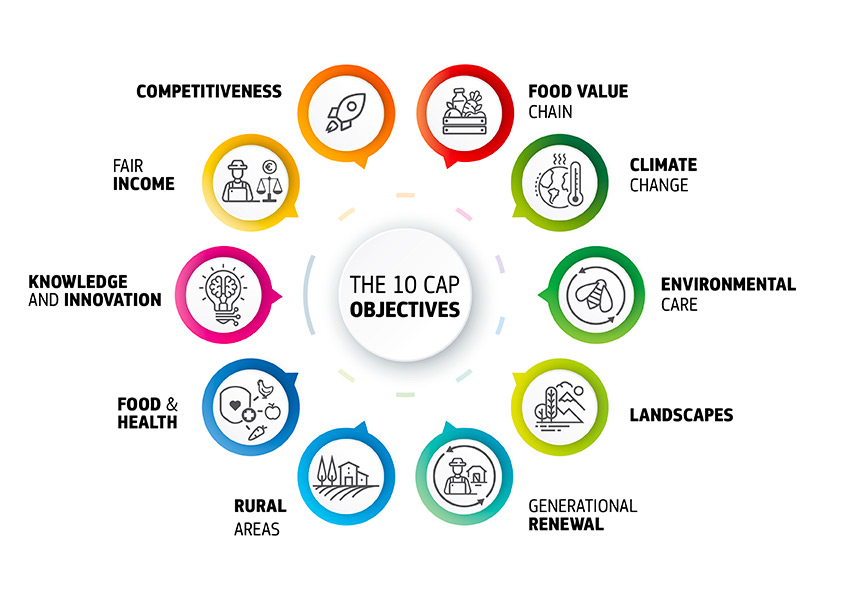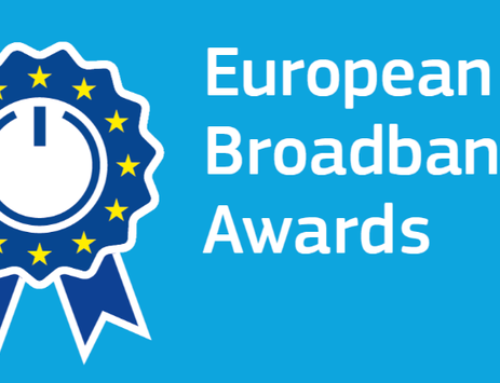In the framework of the new Common Agricultural Policy (CAP) for the period 2023-2027, EU Member States had until 31 December 2021 to submit their CAP strategic plan to the European Commission. It refers to the national version of the CAP objectives that the Commission must approve within six months.
Each CAP strategic plan sets out a wide range of targeted interventions responding to specific national needs while detailing an in-depth SWOT analysis of their territory and their agri-food sector. These plans must both deliver tangible results in relation to EU-level objectives and contribute to the ambitions of the European Green Deal.
In line with the approval criteria set out in the new CAP strategic plan regulation, the European Commission assesses whether the EU countries’ CAP strategic plans are consistent with EU legislation and commitments in relation to climate and the environment.
As of 31 March 2022, the Commission has started to send observation letters on the draft CAP strategic plans that have been submitted by each Member State. These documents contain comments on the choices made by the countries and give recommendations for improvements to be made before their final validation.
At the same time, the Commission has produced an overview of the content of the letters, summarising the key elements of the first proposed plans and the related comments made for each national plan. The document introduces key issues regarding the strategic approach and consistency of the plans, as well as their contribution to the new CAP ten specific objectives:

European Commission
The Plans have to include a digitalisation strategy, as part of the ‘Knowledge and Innovation’ objective. In this regard, the European Commission has included a number of observations to the digitisation strategies presented:
- Most Member States are expected to strengthen their digital strategies to address the key shortcomings identified and to improve their coherence across the CAP Strategic Plan;
- Overall, digital strategies need to be strengthened and further elaborated on key aspects such as addressing digital divides, barriers to the uptake of digital technologies, skills and data availability;
- Member States are invited to further consider possible synergies with other national and EU funding instruments, particularly under the Digital Europe Programme and Horizon Europe.
More information here.





